Nội Dung Chính
(Trang 92)
| 1 Look at the posters and the title of the article. What do you think the text on the poster means? 23.04 Read and listen to the article. Check the meaning of the adjective / noun + noun combinations in blue. Then match 1-6 with a-f to make new combinations. 1 shopping a media, life, issues 2 special b sports, bill, filter 3 water c goods, rights, society 4 consumer d disaster, gas, world 5 natural e basket, centre, list 6 social f effects, event, occasion 3 Read the article again. Write true or false and correct the false sentences. 1 American shops are very busy on Black Friday. 2 Retailers in many countries offer lower prices on Thanksgiving Day. 3 The Adbusters organisation wants people to participate in Black Friday shopping. 4 Buy Nothing Day is always in November. 5 Kalle Lasn thinks that consumerism causes environmental problems. 6 The organisers of Buy Nothing Day don't expect people to change their way of life. | 4 YOUR CULTURE Work in pairs. Ask and answer the questions about Việt Nam. 1 What is the busiest shopping period in Vietnam? 2 Do retailers promote special offers on Black Friday in Việt Nam? 5 USE IT! Work in small groups. Give a presentation to convince people to participate in Buy Nothing Day or Black Friday. 1 Make notes about the following: How could people spend the day? + What are the benefits of participating for themselves and others? + What will they miss out on if they don't participate? 2 Give your presentation to the class. 3 Listen to the other presentations. Vote to decide which presentation is the most convincing.
|
| SHOP LESS, LIVE MODE When did you last buy something? Maybe you are looking forward to a shopping trip at the weekend, but will it make you happy? In the short term, the answer might be yes. However, some people think it might not be good for our health and happiness in the long term. One of the busiest shopping days of the year in the USA is Black Friday, the day after Thanksgiving, when many shops have special offers. Black Friday has spread around the world as large retailers try to increase consumer spending. In many countries, it is the start of the Christmas shopping period. However, not everyone will be queuing for a bargain. In 1992, Buy Nothing Day started in Canada as a protest against consumerism and the shopping frenzy that takes place at this time of year. The anti-consumerist organisation Adbusters promoted Buy Nothing Day and now more than sixty countries take part. Their message is simple: 'Participate by not participating. For twenty-four hours on the fourth Friday of November, people leave their purses and wallets at home and do not buy anything at all. Some people choose to spend | time with friends and family instead. Others join protests. But what's the point? 'Over-consumption has ecological consequences, says Kalle Lasn, co-founder of Adbusters. 'Every single purchase that you make has some kind of an impact on the planet.' Making the products and transporting them to the shops use a lot of natural resources. When they are no longer in fashion, the products will end up on the rubbish heap. It all contributes to air and water pollution, the destruction of our environment and social inequality. Reports suggest that the social impact of our spending habits is also serious. People in consumerist cultures are more likely to suffer from financial problems, stress and obesity. In order to pay for expensive products, people work long hours and therefore spend less time with family and friends.
Critics of Buy Nothing Day say it's meaningless because people will just buy more the following day. But the organisers argue that Buy Nothing Day makes people think about the consequences of consumption and maybe makes some changes to their lifestyle. |
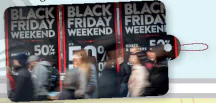

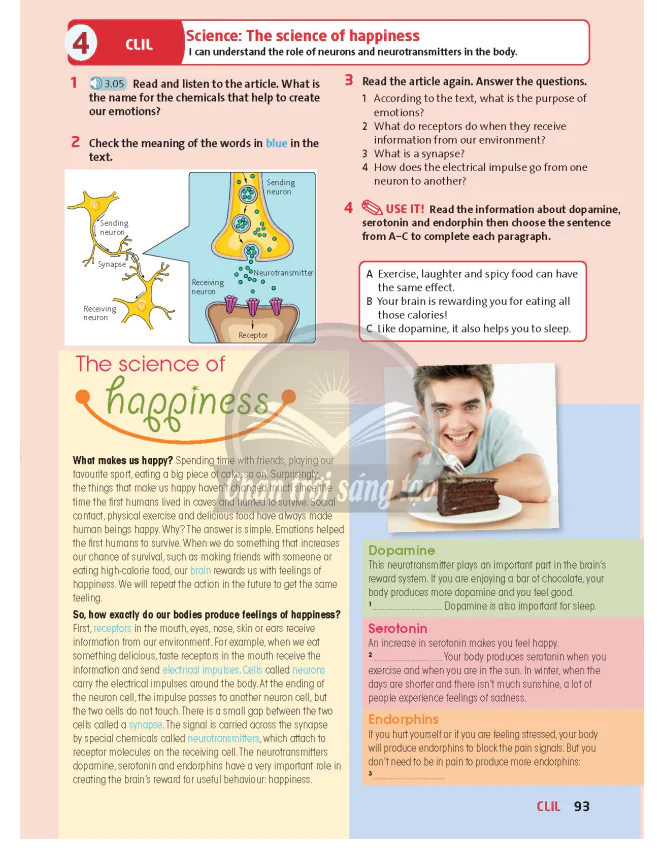

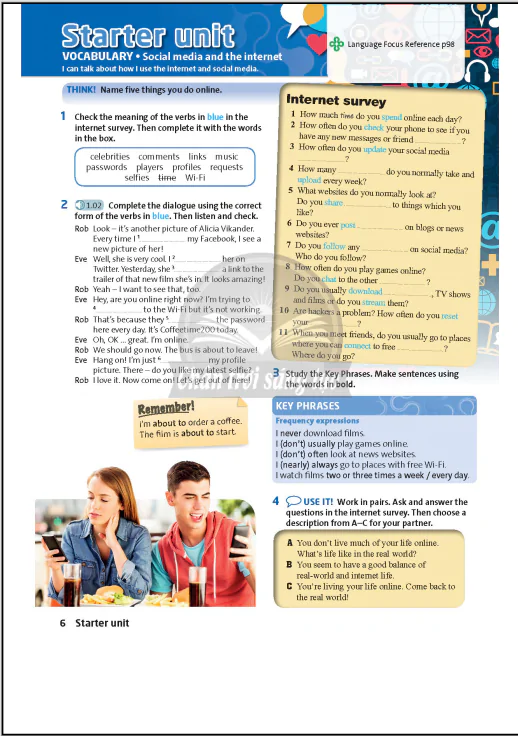
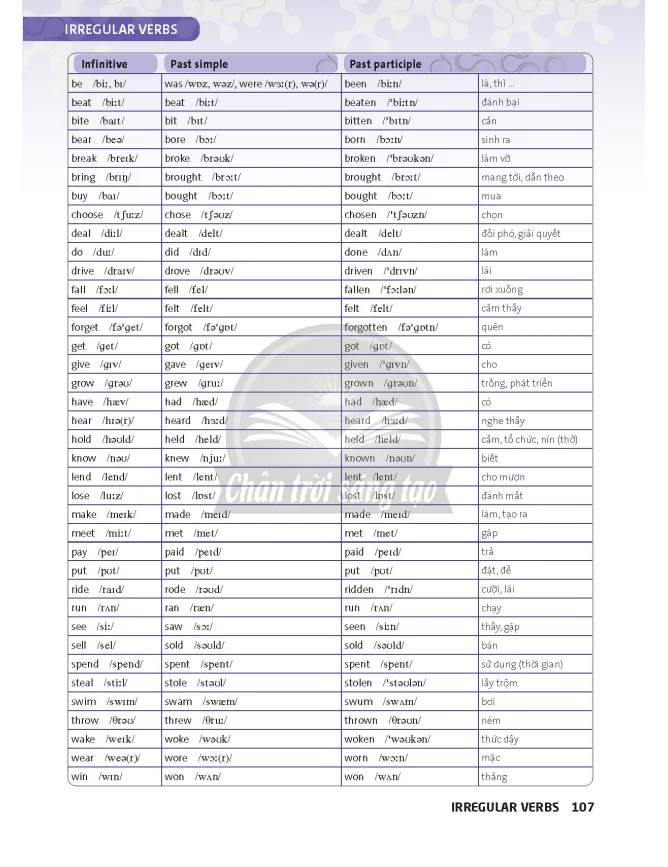
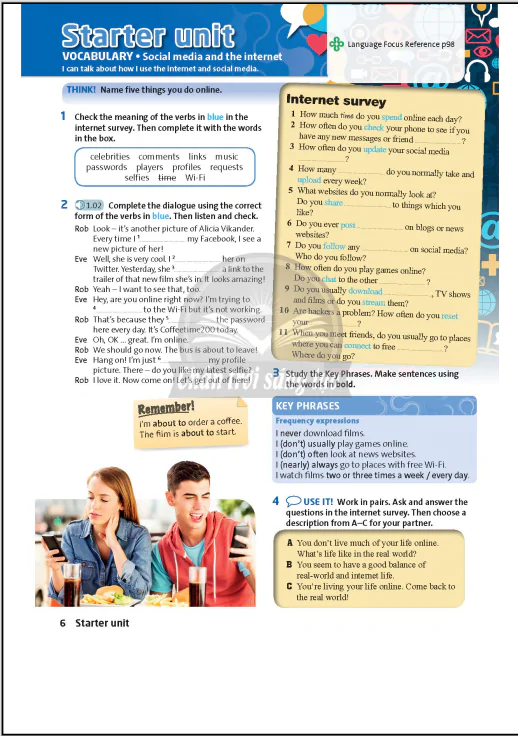

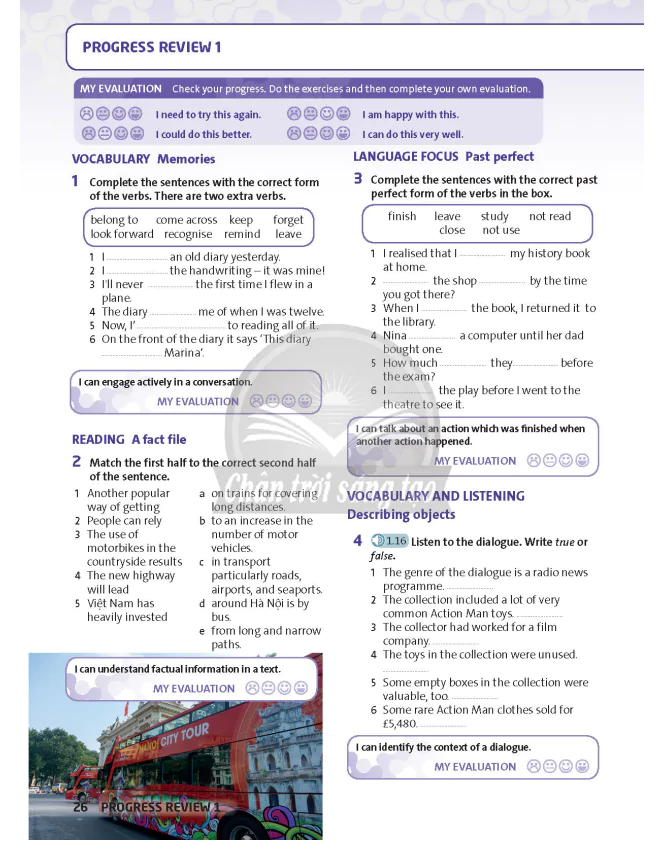
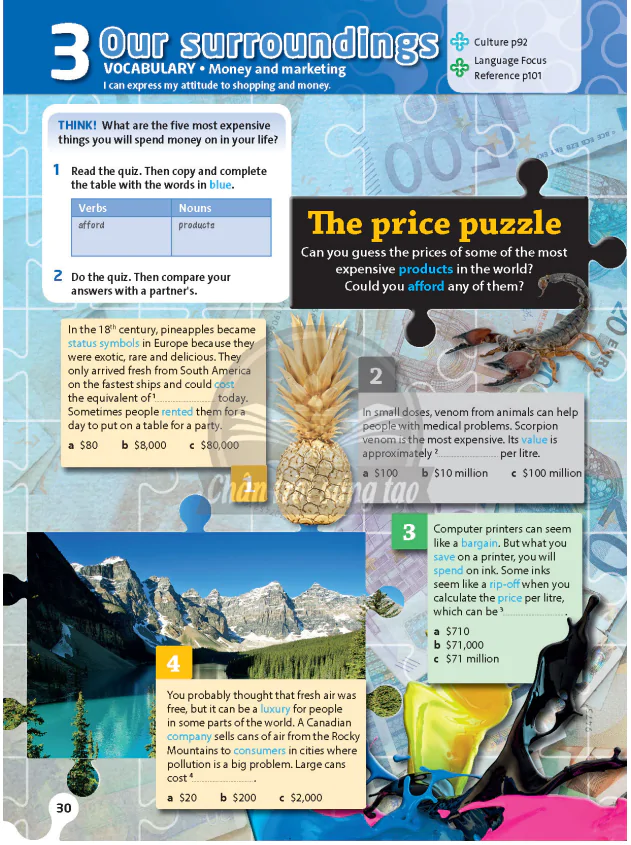
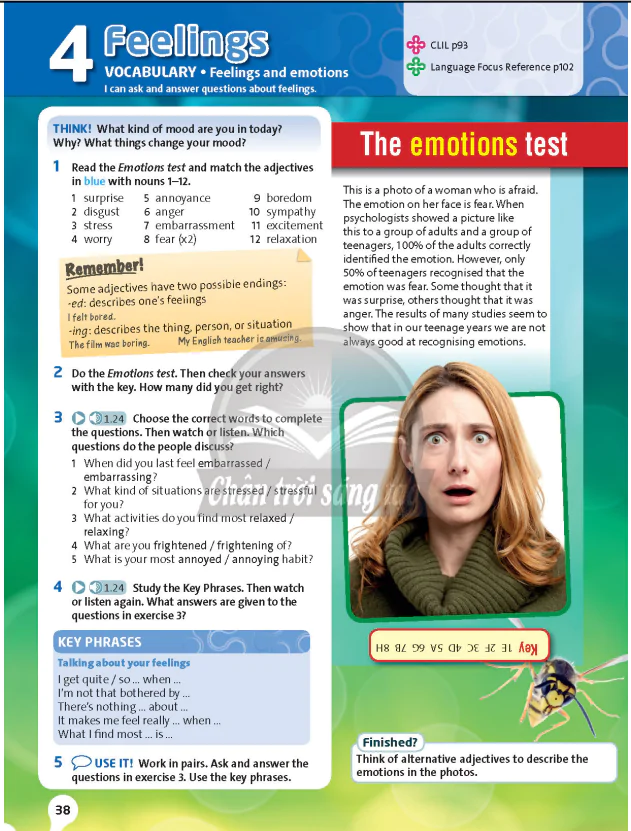
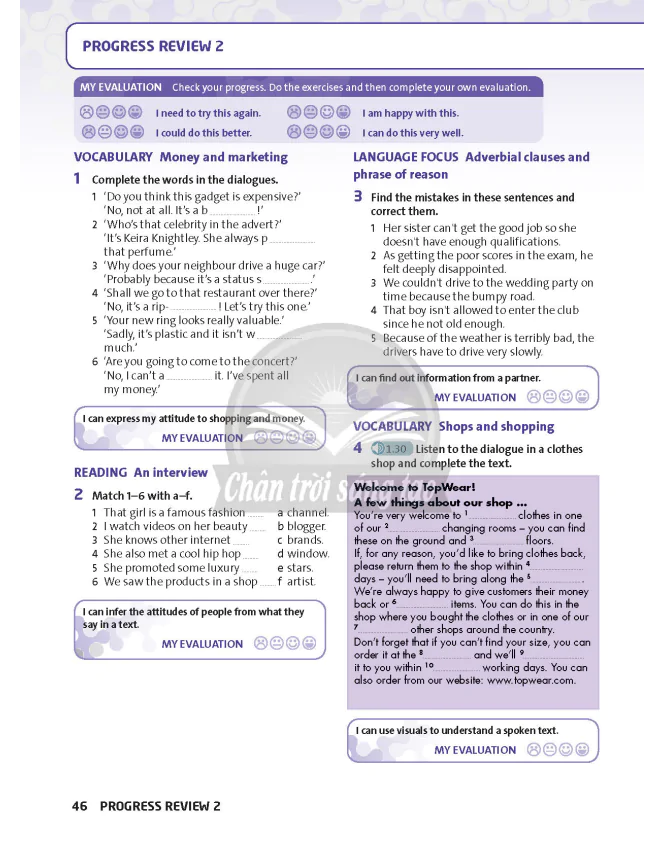
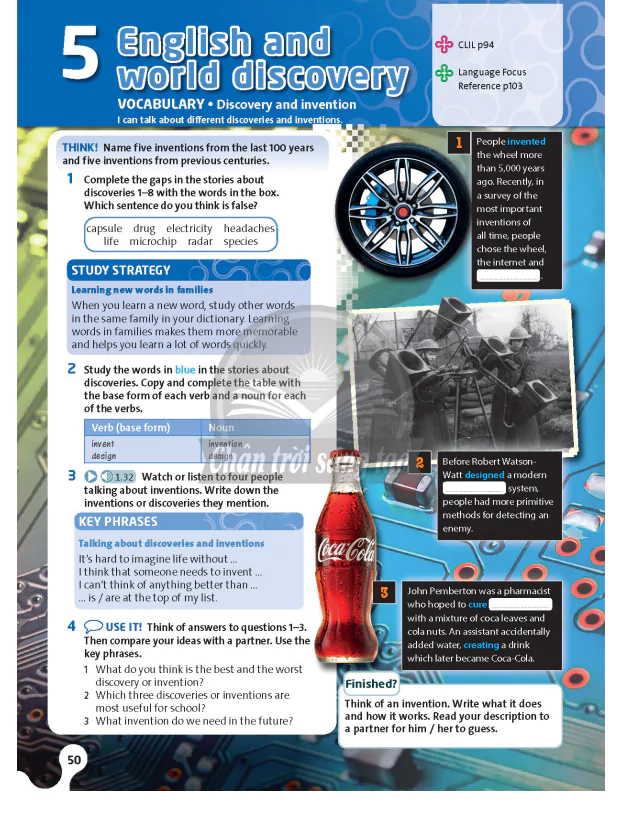
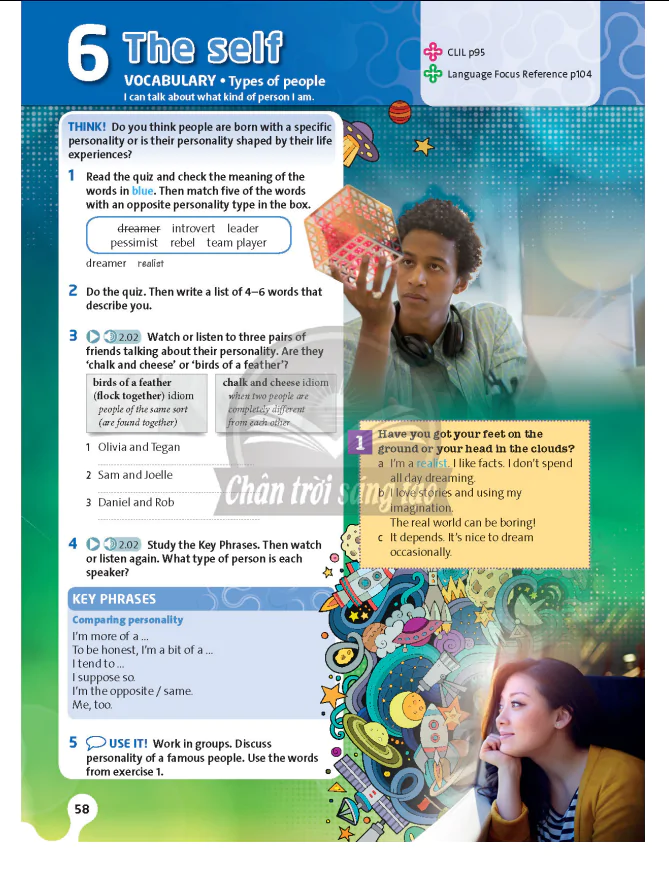
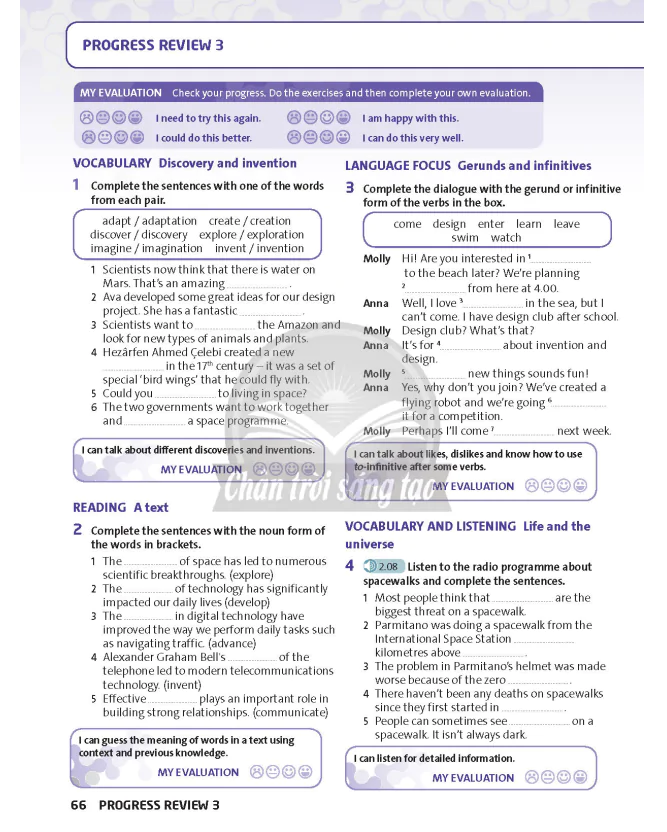
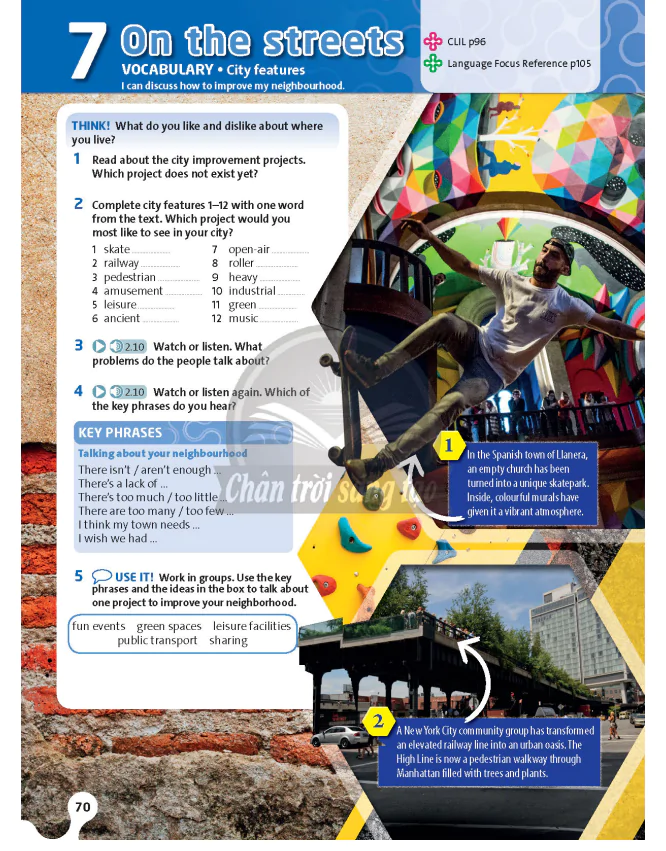

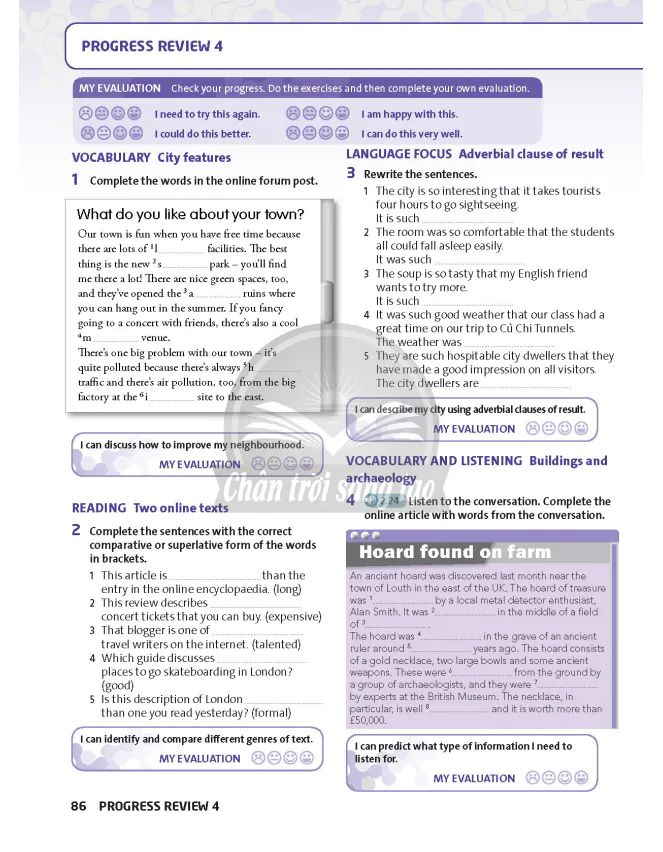



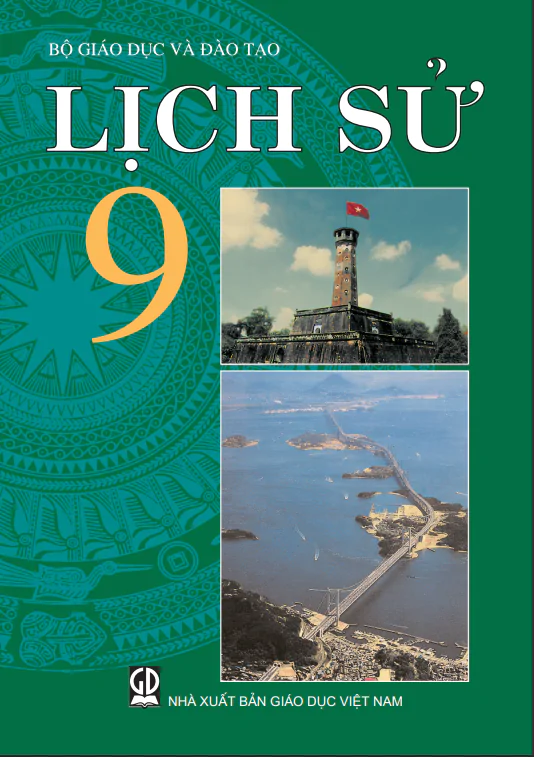




















Bình Luận
Để Lại Bình Luận Của Bạn